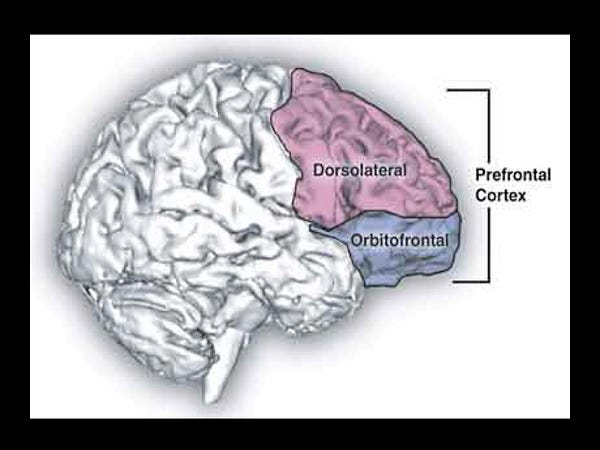
29 Dec No Resolutions
Nope, I don’t do resolutions!
They do not work for me and I know I am not alone.
Typically, New Year’s resolution is rooted in some form of a promise to do an act of self-improvement, something nice or radically different such as opening doors for people beginning from New Year’s Day.
Here are a few of my common goals –
- Read more, at least a book a week, which sounded great after reading an article on great leadership.
- On fitness, working out every day for 30 minutes, which made sense after a troubling weigh-in very close to the end of the year
- Sleep more, learn a new language etc
So after repeated cycles of frustrations, I ditched the concept of New Year resolutions and embraced conventional wisdom.
Resolutions suck!
For the record, let me clarify what I gave up –
- I gave up on the ‘half-baked’ resolutions hurriedly crafted a few hours before the new year
- I gave up on those ‘frivolous’ ideas (great ideas, most times by the way) that were not designed or tailored to my themes or passions
- I gave up on ‘ambiguous’ resolutions that ignored habit forming processes and realities
Here are my reasons –
#1: Dissonance
It typically starts mid-January…
With every missed resolution I got angrier and disconnected because what I was designed to motivate became millstones and not milestones. I realized that I was, not only experiencing a cognitive dissonance, it was self-inflicted. So as you can imagine by the first month, I am disgusted at how badly I have performed and rather than focus on the goals, I gravitate towards rationalization and disgust. Sadly, what was intended for good has become bad.
#2: Failure Rate
Approximately 50% of Americans set a minimum of one New Year’s resolution which hypothetically is 160 million resolutions every year. With a conservative global estimate of about 7.3 Billion people that becomes 3.65 Billion Resolutions. According to a 2007 study by Richard Wiseman from the University of Bristol involving 3,000 people showed that 88% of those who set New Year resolutions fail, despite the fact that 52% of the study’s participants were confident of success at the beginning.
Now, that is a lot of failures!
In the US, 160,500,000 Resolutions x 88% (failure rate) = 141,240,000 FAILED Resolutions
Across, the globe, with approximately 3.65 Billion Resolutions, that is 3.65 Billion Resolutions x 88% = 3.212 Billion FAILED Resolutions
So it begs the question, why do we continue to focus on resolutions?
#3: Science
The neuroscience behind brain functions reveals a clue, according to Jonah Lehrer in the WSJ, the brain cells that operate willpower are located in the Pre-Frontal Cortex (PFC), which is the area right behind your forehead. This area of the brain is also responsible for staying focused, handling short-term memory and solving abstract tasks.

New Year’s resolutions are stored in the PFC and depending on the number of resolutions, the brain goes into overdrive such that an enormous amount of willpower is required to manage all the resolutions. Sadly, the brain is not designed to handle this high surge.
Be Wise
So to ensure my focus remained on achieving goals, I devised a habit enforcing model based on themes, goals and achievable metrics. One that rewards progress rather than activity, is flexible to natural impulses without sacrificing key objectives.
The Hybrid Goal Management Model
- REFLECTION: Typically performed between Thanksgiving and the first week of December. I engage thought leaders, coaches, mentors to identify key themes for the new year.
- GOALS: Then I align goals to fit the themes selected, no more than 5 goals / focal points/areas of concentration.
- INTEGRATION: Next, I make these goals SMART — Specific, Measurable, Actionable, Realistic and Time-Based.
- PUSH EFFECT: Then, I identify, connect, follow and socialize with external influencers (mentors, support group, accountability team) with similar goals and thrust.
- EVALUATION: Finally, I define how and when each goal will be measured and reevaluated, I typically recommend spending 5 minutes for each goal on the last Thursday of each month.
What about you?
Best,
Dr. Flo

No Comments